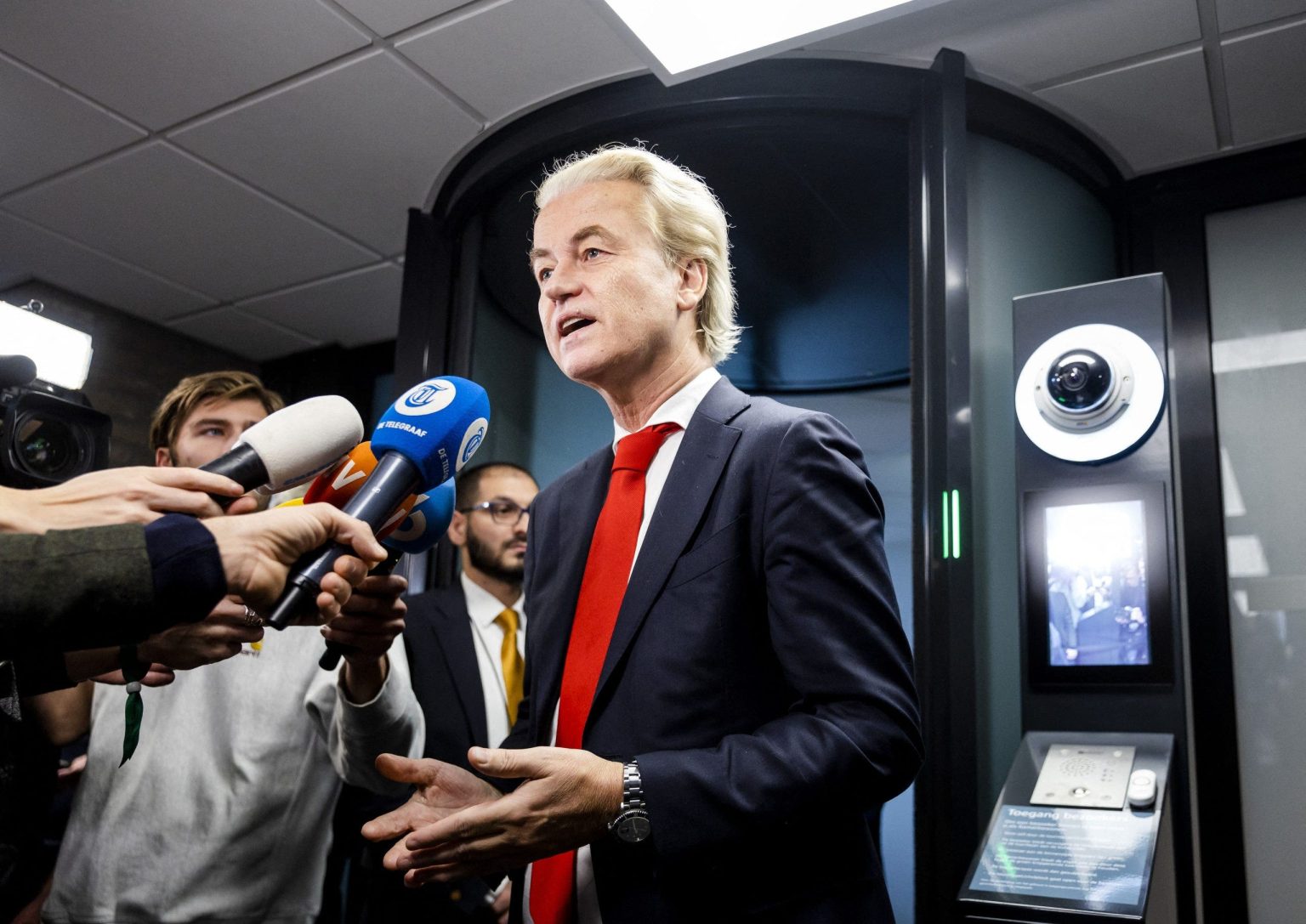The recent European Parliament elections saw a significant shift from left to right, with right-wing parties gaining ground across the continent. This unexpected result has raised concerns about a potential global shift towards conservative ideologies, with analysts pointing to the upcoming U.S. presidential election as a possible indicator of voter sentiments. Issues such as immigration, healthcare, housing, and cost of living have been cited as key factors influencing voters’ decisions, along with support for Ukraine and E.U. membership expansion amidst Russia’s invasion.
The European Parliament election results revealed a significant presence of right-wing parties, with the European Conservatives and Reformists (ECR) becoming the third-biggest European party. This shift towards the right has raised concerns among politicians on the left about the implications for future policy discussions and decision-making. The ECR party, known for its Eurosceptic stance, made significant gains in countries such as France, Germany, and Italy, highlighting the divided nature of politics in Europe.
In countries such as Germany, France, Italy, and Spain, right-wing parties, including the EPP, NA, and ECR, secured substantial support from voters. The success of these parties has given them a stronger bargaining position in future policy discussions, potentially shaping the direction of European politics in the coming years. The rise of Eurosceptic parties, such as National Rally in France, poses a challenge to centrist leaders like Emmanuel Macron and Ursula von der Leyen, who will need to navigate the demands of both ends of the political spectrum.
The European Parliament’s structure, similar to the U.S. House of Representatives, allocates seats based on the population of each member state. Parties need at least 23 MEPs from seven member states to have a presence in the parliament, making every seat crucial in shaping the political landscape. The right-wing parties, including Geert Wilders’ Party for Freedom (PVV) and Alternative for Germany (AfD), have played a significant role in bolstering the ECR’s standing in the parliament.
The upcoming French elections, prompted by the strong performance of National Rally in the European Parliament elections, will be a crucial test for the rising right-wing parties in Europe. Marine Le Pen and her National Rally party, formerly known as National Front, are poised to make gains in the snap election, potentially challenging Macron’s leadership. Finding a balance between the demands of the left and right will be essential for leaders like Macron and von der Leyen to navigate the evolving political landscape in Europe.
Despite the gains made by right-wing parties in the recent European Parliament elections, some politicians believe that the pro-European majority in left-wing parties will remain strong enough to maintain the status quo. Leaders like Jordan Bardella of National Rally have indicated a willingness to compromise and adopt a more moderate stance on key issues, signaling a potential shift towards finding common ground in the increasingly polarized political climate. As Europe grapples with these shifting dynamics, the results of the elections serve as a bellwether for the future direction of European politics.


